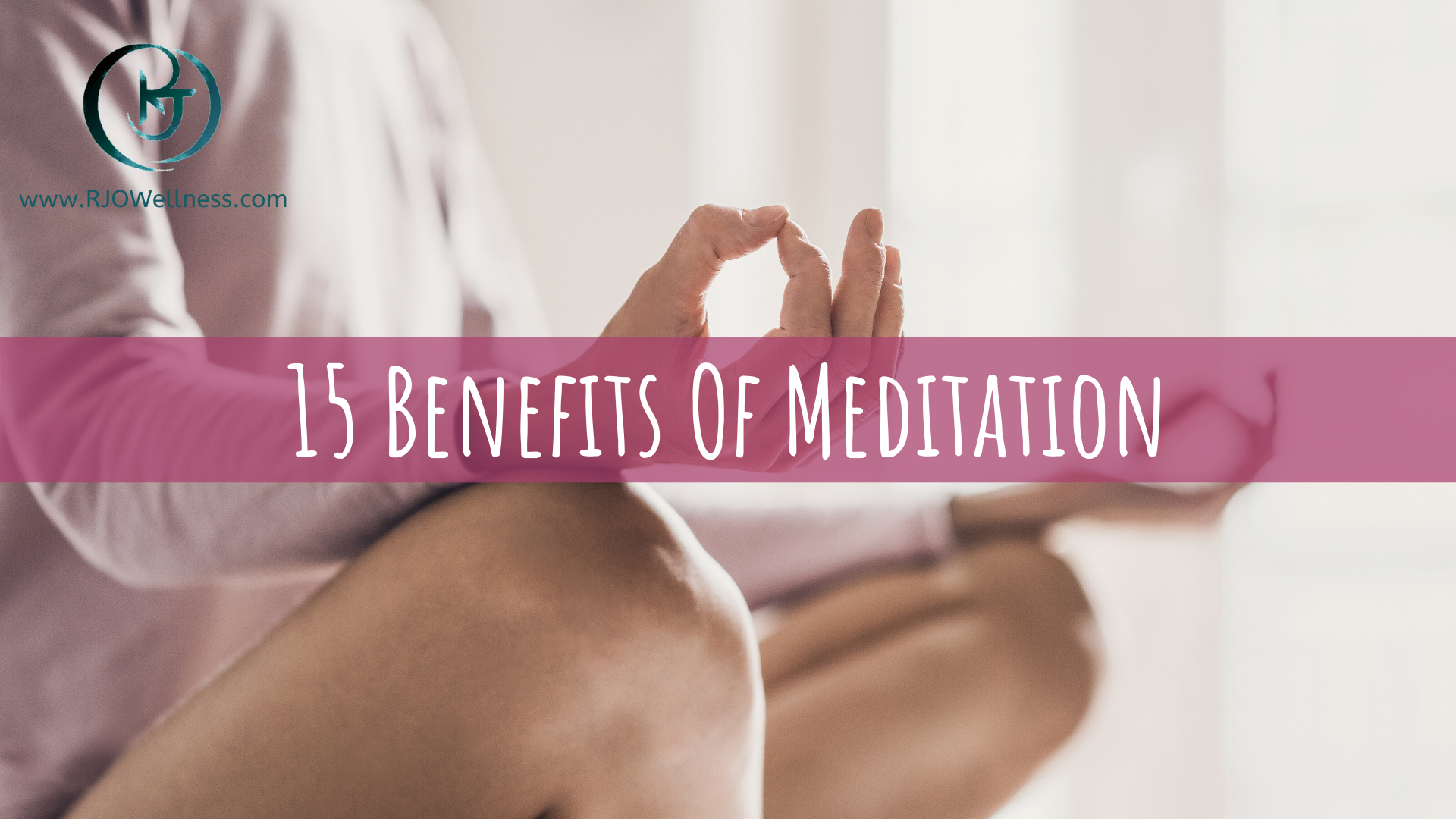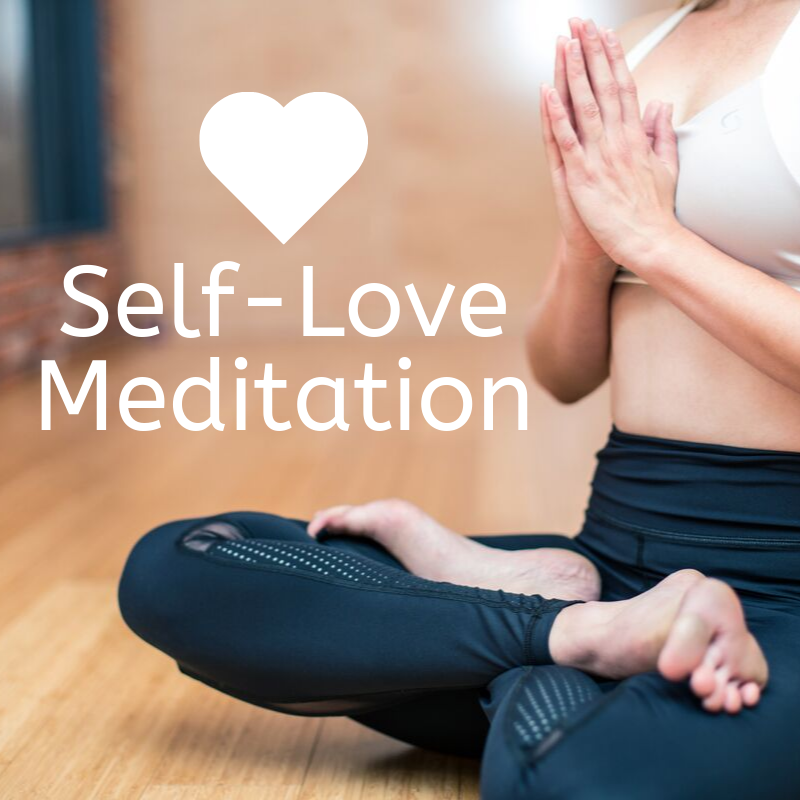Meditation is increasing in popularity as more people discover its benefits; which are numerous. This ancient healing practice is used to enhance mental, emotional and physical health in many ways. In this blog, I will review various benefits of meditation.
The benefits of meditation have been proven in science-based research and include:
1. Stress Reduction
The desire to reduce stress is one of the most common reasons people choose a practice of meditation. Mental and physical stress can result in increased levels of the stress hormone cortisol. Too much of this hormone in the body can cause harmful effects such as inflammation, which leads to numerous health problems. Increased stress can disrupt sleep, promote depression and anxiety, increase blood pressure and contribute to fatigue and reduced cognitive function.
However, when people engage in a regular practice of meditation, they experience positive mental and physical effects such as reduced feelings of stress, reduced systemic inflammation, irritable bowel syndrome, PTSD and chronic pain. (1)
2. Reduced Feelings Of Anxiety
With reduced stress, often comes reduced feelings of anxiety. Many people who suffer from anxiety disorders such as phobias, social anxiety, paranoid thoughts, obsessive-compulsive behaviours, panic attacks and job-related stressors notice reduced symptoms with the adoption of a regular meditation practice. (2)
3. Enhanced Emotional Health
A regular practice of mediation has been found to enhance emotional health leading to a reduction in depression, an improved self-image, greater self-esteem and a more positive outlook on life. (3)
4. Enhanced Sense Of Self-Awareness
A regular practice of meditation may help you develop an enhanced sense of self-awareness and a deeper understanding of who you are and what you want, which helps you grow into your best self. (4)
5. Increased Attention Span
Mediation is exercise for the mind. It is a conscious practice of paying attention to nothing else but the sensations you feel in your physical body and your thoughts in the present moment. (5)
6. Improved Memory
Any mind-related exercise, such as meditation, has been shown to improve the minds’ ability to recall memories and stored information; keeping the mind young. (6)
7. Enhance Kindness & Compassion
Some types of meditation have been shown to increase positive feelings and actions toward yourself and others. For example, Metta meditation, also known as loving-kindness meditation, begins with developing kind thoughts and feelings toward yourself first, then forgiveness to friends, then acquaintances and ultimately enemies. This relieves a person from any heavy energy that’s held from hatred or not forgiving others. (7)
8. Reduce Addictions
A regular practice of meditation has been shown to enhance mental discipline and break dependencies by increasing self-control and awareness of triggers for addictive behaviours. Meditation may help people learn to redirect their attention, increase their willpower, control their emotions and impulses and increase their understanding of the causes behind their addictive behaviours. (8)
9. Improve Sleep
Insomnia is a sleep disorder that many people will struggle with at some point in their lives. However, a regular practice of meditation, especially before bed may help you fall asleep sooner and stay asleep longer. With a meditation practice, you will release tension, be better able to control the thoughts that often lead to insomnia and experience a more peaceful state helping you fall asleep. (9)
10. Control Pain
Experts say that your perception of pain is connected to your state of mind. It can be elevated in stressful conditions and relieved in relaxed situations. Studies have shown that meditating patients showed increased activity in the brain centres known to control pain and these same patients reported less sensitivity to pain (10).
11. Decrease Blood Pressure
Meditation has been shown to have cardiovascular benefits and physical health by reducing strain on the heart. In part, meditation appears to control blood pressure by relaxing the nerve signals that coordinate heart function, tension in blood vessels and the “fight-or-flight” response that increases alertness in stressful situations (11).
12. Doesn’t Take Too Much Time
Meditation doesn’t have to take up too much of your time. With only a few minutes a day you can experience the physical and mental health benefits of a meditation practice. I suggest starting with two to three minutes per day. Then, when you’re ready add a couple more minutes. Before you know it you will have developed a regular sustainable practice of a timeline that suits your needs and lifestyle.
13. Convenient
Meditation can be done anytime and anywhere. Many people prefer to meditate in a quiet room where they can focus but you can take a few moments to practice mindfulness even when you’re going through your day. This is still a beneficial practice of mediation and you didn’t even have to carve out any special time for it.
14. Inexpensive
A practice of meditation doesn’t require any fancy or expensive equipment or memberships. All you need is yourself and your will to focus your mind and calm the body. You may choose to purchase an app to experience guided meditations, find one on YouTube or follow someone you like and support their work.
15. Many Different Types
Various kinds of mediation exist. You may prefer to simply sit in silence and stay present with your body and thoughts. Or, you may desire to have a soothing voice guide you through a mediation.
If you want to start a practice of meditation, choose a style based on what you want to get out of it.
You may decide to from two typical different types:
- Focused-Attention Meditation:
- This style of meditation, allows you to focus your attention on a single object, thought, calming sound, mantra, visualization or your breath. Focused-attention mediation emphasizes ridding your mind of distraction.
- Open-Monitoring Meditation:
- This style of meditation, encourages broadened awareness of all aspects of your environment, train of thought and sense of self. It may include becoming aware of thoughts, feelings or impulses that come up during the meditation you might normally try to suppress.
You may choose to meditate in a quiet space at home, or if your regular work and home environments do not allow for consistent, quiet alone time, consider signing up for a class. This can also improve your chances of success by providing a supportive community.
If you prefer a guide mediation, rather than sitting in stillness, I invite to enjoy these meditations:
The great thing about meditation is that it can be done anytime, anywhere and provide you with great physical and mental benefits. Start your practice now and feel the benefits in no time!
Until next time my friends,
Namaste!
Rachel Joy Olsen, BSc., MBA



